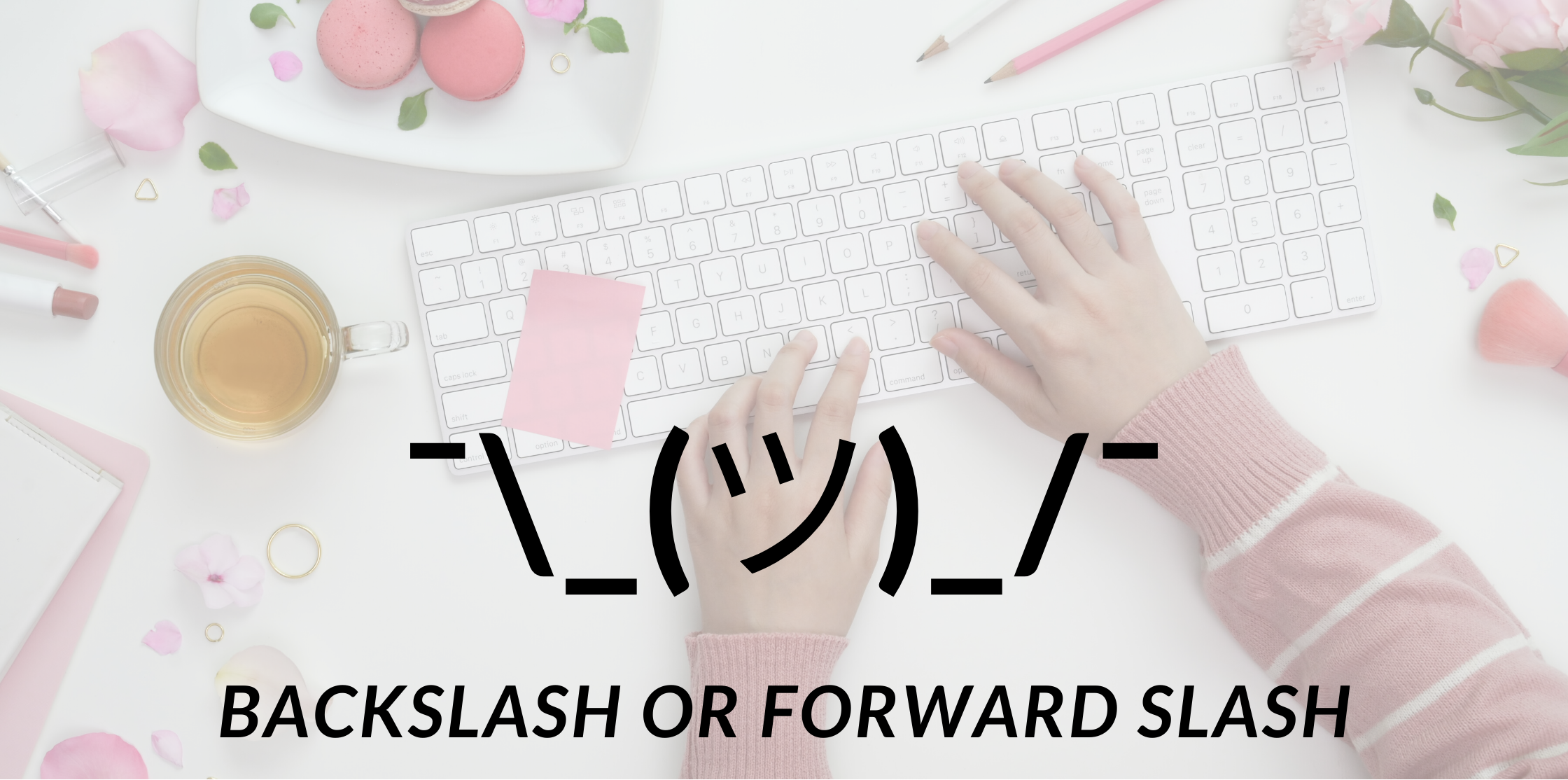Any creative writing project can benefit from a professional edit. Not everyone is an editor, even if they were an English major, a teacher, or great at grammar. An editor is someone who has made it their profession to evaluate a written work and return suggestions to polish your efforts into something better than it was.
We can’t always afford the time or cost for an editor for our projects. Even when we can, creating a relationship with an editor who can give you good feedback can take some time to establish.
Let’s review what we need to do before hiring an editor, and what you can do without an editor if that’s the path you plan on taking.
An editor’s job is not to find your typos.
Before you invite anyone to edit your work, you need to create the most error free document you can. There are a couple of great options to help us achieve this.
This is my favorite tool for self-editing. It does more than spelling checks. It makes suggestions to create a better product with your writing. It will call attention to words that may have been spelled correctly in your sentence, but aren’t the right meaning. It does terrific grammar checks and offers readability reports. And, if you are using Scrivener, you can open your file in the ProWritingAid tool and edit it directly.
It even offers terrific web browser extensions which allow you to check your work typing almost anywhere, even Google Docs.
Before I started using ProWritingAid, this was my favorite tool. It offers a terrific web browser extension that will call attention to any errors it finds in text you type in most text boxes.
It can be a little cumbersome to copy and paste all of your text into the Grammarly program in order to check it. It has improved a lot over the years. I prefer the ProWritingAid check a bit more thorough.
Still, it’s a great tool, and if I couldn’t use my favorite, I would certainly use this.
Hiring an Editor
Hiring an editor to review your work is the best option, if your budget allows for it. Just like any other profession, editors have specialties and often work in certain genres. Be sure to review their qualification before inquiring with them for potentially becoming your editor.
Check out this article on the Reedsy blog that can help you determine what type of editor to look for:
https://blog.reedsy.com/guide/editing/
Getting an outside perspective from someone who’s profession is editing will give you the best insight into the changes you need to make to create the best creative work possible. Not every project will get a professional editing review, and all editors are not created equally.
Create a paid test assignment before hiring them for the entire project.
If you are going to hire an editor, I would suggest offering a paid test to start. Find a short section of your work that could use some help (500-1000 words). Use that as an assessment to see if you would work well with that editor.
You want to make this a paid test so they will do their best work for this test, and they should feel fairly compensated for the effort they put in. It doesn’t have to be much. Think of setting up a test that would take them less than an hour, and pay them an appropriate amount for the time they spent.
Better to pay for a small test and find out they aren’t a great fit instead of having them edit your entire book and find out it wasn’t really any help at all.
When you do find a good editor for your type of project, it’s possible they will want the book in Word format. They will make their changes to that document and you can see what they changed or left notes on. Google Docs also offers some of these capabilities.
Self-Editing
If you don’t have the budget to hire a professional editor, be sure to build in extra time to give yourself the best chance of editing the best you can on your own. Once you finish your preliminary writing process, your final draft is complete, and you’ve made a preliminary pass with Grammarly or ProWritingAid, you’ll want to put the work to bed for a little while.
Let it rest for a couple of weeks if you can. You want to give your brain time away from the project so when you see it again to self-edit, it should feel new. As you write and self-edit along the way, your brain trains itself to block out things that you’ve accepted as adequate. With time away from your project, you get to examine it with a fresh outlook, and you can carefully evaluate your previous effort.
Don’t rush this process. After putting your creative work away for a couple of weeks, you might be eager to wrap things up quickly. Take your time as you review your work. Consider reading it aloud after you’ve made your first editorial pass. Take it one chapter or section at a time. Take a break between chapters. Limit distractions to give this process your full attention.
Allowing yourself time to let the project rest, and time to methodically edit your work will get you the best results if you have to self-edit your project.
Beta-Readers
Before asking friends or family to edit your work, you may want to consider self-editing as described above, and asking them to be your beta-readers.
Editing someone else’s work is a big job, it requires time and attention to do a good job. Asking someone to be a beta-reader allows them to enjoy the book and give you good feedback and possibly even find a few mistakes along the way.
It takes the pressure off and often results in good feedback. Plus, you can ask them to leave you a review once your book is published, which will help with sales.
If you’ve found a few people to beta-read your project, the next step is to get them the file. Most ebook readers offer a seamless purchase process to get ebooks on to a device. Helping someone with this process can be time-consuming.
- What file formats should you offer?
- What if they are reading through an application rather than a device?
- How do you offer support for an unfamiliar device?
Instead of spending time offering tech support to your family and friends, BookFunnel takes care of distributing your file. They have instructions to load an ebook onto any device, and support to help with that effort. Their basic plan only costs $20/year currently and is worth every penny.
It’s also really useful if you want to sell directly to customers or offer a reader-magnet through an email list sign-up. (A reader-magnet is a free digital file you offer for signing up for your mailing list. This might be a novella or short story.)
Next, we look at how to create your self-published book, now that you’ve edited it and it’s ready to go live.




